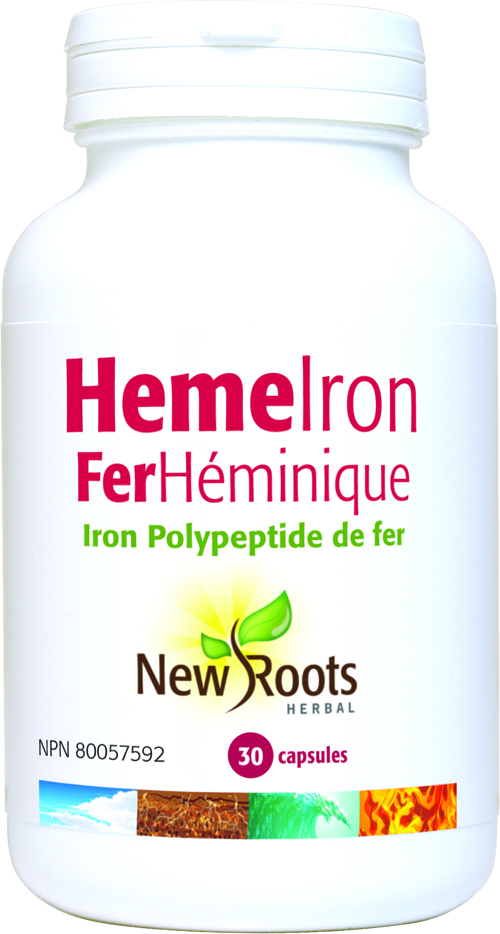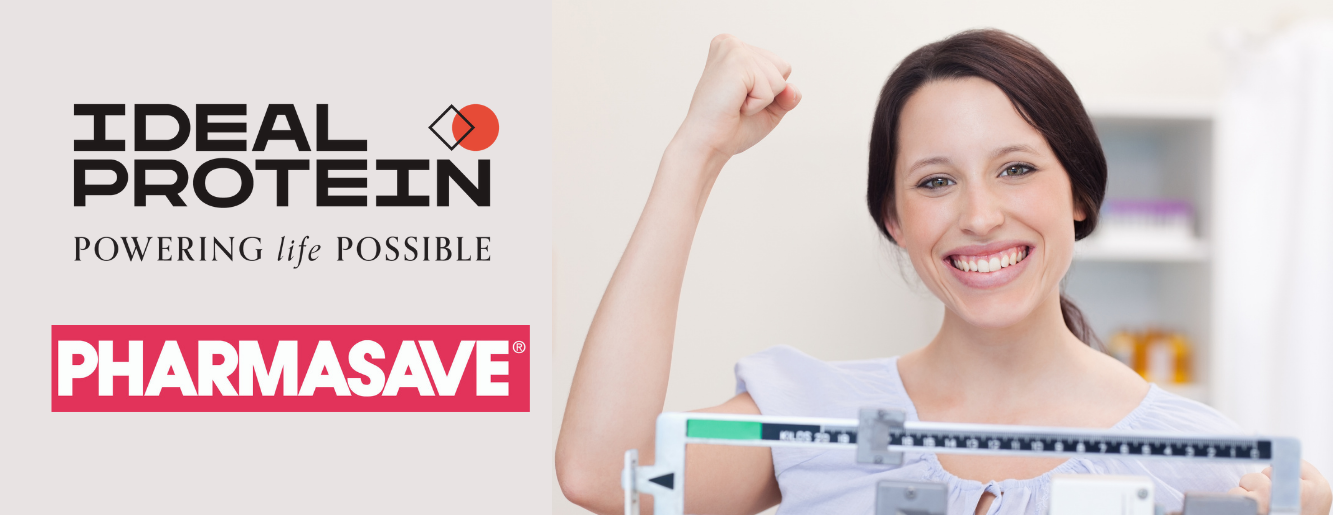By Christine Cheng, R.Ph.
Iron is a mineral that is an essential component of myoglobin and haemoglobin, the molecules in the body that are responsible for carrying oxygen to where it is needed. Iron is also essential for development, growth, and synthesis of some hormones and connective tissues. Humans must obtain iron from their food, either in the heme form (from meat, seafood, and poultry) or non-heme form (found in plants, fortified foods, and the sources listed above). Women, vegetarians, those with Crohn’s or Coeliac disease and those who frequently donate blood are at greater risk of iron deficiency anemia. Symptoms of iron-deficiency anemia include general fatigue, weakness, pale skin, shortness of breath, cold hands or feet, headache, dizziness, tingling in the extremities, swollen or sore tongue, and in some cases, cravings for non-food items such as dirt, ice, and clay. As there are different forms of anemia, talking to your doctor about getting a blood test is the best way to determine whether you have anemia and if so, what type.
The best way to prevent any sort of anemia is to eat a variety of foods that contain both heme and non-heme iron. For most people, beef is the first food that may come to mind, but other lean meats, fish, green leafy vegetables, liver, tofu, fortified cereals and dried fruits (such as apricots, prunes, and raisins) are also good choices. Eating and drinking foods that are high in Vitamin C can help your body absorb iron. Make sure you eat foods rich in folic acid and vitamin B12 as these B vitamins along with Fe (iron) are necessary for the synthesis of red blood cells.
If your doctor suggests that you take an iron supplement, choosing the right one is important to minimize side effects and maximize efficacy. The most common side effect is constipation, with some preparations being more constipating than others. Different preparations have different amounts of elemental iron per tablet or capsule. For example, ferrous fumarate provides more elemental iron than ferrous sulphate or ferrous gluconate per tablet. Polysaccharide-iron complexes provide the most elemental iron per capsule and is synthesized such that is more readily absorbed than the iron salts listed above. However, we still hear reports of constipation associated with this type of preparation. New Roots Herbal’s HEME IRON is actually derived from porcine haemoglobin and contains the same polypeptide form of iron found in red meats and poultry. This makes it readily absorbed by the small intestine and thus less likely to lead to constipation. It also contains vitamin C to enhance absorption, and the biologically active forms of folic acid (5-methyltetrahydrofolate) and vitamin B12 (methylcobalamain) as co-factors for haemoglobin synthesis.
IRONSMART Liquid from Lorna Vanderhaeghe Health Solutions is an option for those who do not or cannot take pills. The iron in this product is in a patented liposomal “bubble” that allows it to be well-absorbed the small intestine, which contributes to its efficacy and minimizes the incidence of constipation and nausea.
Iron can interfere with the absorption of other medications and/or supplements. It can also be toxic if not used properly. Always check with your doctor prior to starting an iron supplement. If supplementation is recommended, check with your pharmacist to help you choose a supplement and to make sure you are using it properly.
Christine is a registered pharmacist with training in Natural Health Products and a passion for Integrative Medicine. She works alongside her brother, Fred at their unique family-owned and operated Pharmasave in Downtown Cloverdale, BC. Their pharmacy team specializes in natural remedies and compounding for both human and veterinarian use.




